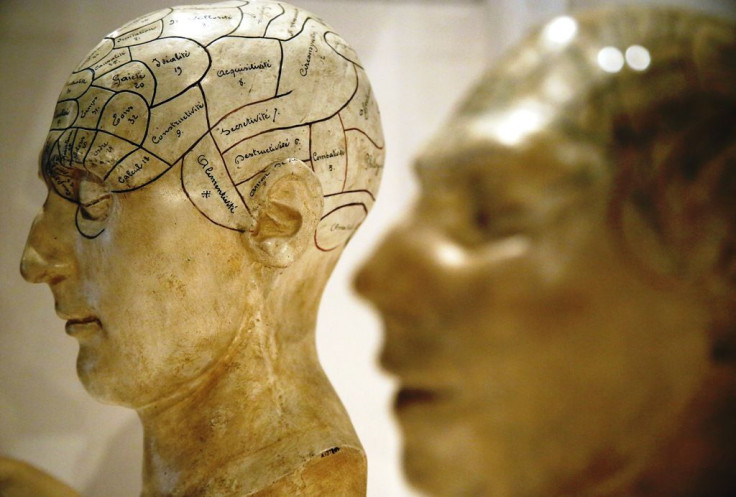How Does The Human Brain Evolve? Judging Other People Helps, Research Suggests

Among vertebrates, humans have the largest brains in proportion to body size. And the reason behind this may be in part due to people’s tendency to judge others and contemplate whether someone is worth helping, a new study by researchers at Cardiff University proposed.
Brains of those who choose to help people who are at least as successful as themselves evolve further, researchers said in the study published in Scientific Reports. Making these judgments is a difficult task which may have resulted in the growth of the higher functions of our brains, according to the study.
“Our results suggest that the evolution of cooperation, which is key to a prosperous society, is intrinsically linked to the idea of social comparison — constantly sizing each up and making decisions as to whether we want to help them or not,” Roger Whitaker, lead author of the study, said in a statement.
For their study, researchers used computer modeling to simulate the decision-making process of humans. The research team created ‘donation games’ involving two simulated players selected randomly. One of the players was required to carry out a decision about whether or not to give away items to the second player based on the latter's reputation. The player deciding to donate items incurred a cost and the second player was given a benefit. Their reputations were then updated and a new game began. This was carried out hundreds of thousands of times.
Researchers found that people showed more generosity toward those with reputations equal to or better than their own.
“According to the social brain hypothesis, the disproportionately large brain size in humans exists as a consequence of humans evolving in large and complex social groups,” Robin Dunbar, an evolutionary psychologist, involved in the study, said in the statement.
“Our new research reinforces this hypothesis and offers an insight into the way cooperation and reward may have been instrumental in driving brain evolution, suggesting that the challenge of assessing others could have contributed to the large brain size in humans,” Dunbar said.
The findings of the study could have implications in the development of artificially intelligent and autonomous machines.
“The models we use can be executed as short algorithms called heuristics, allowing devices to make quick decisions about their cooperative behavior,” Whitaker said. “New autonomous technologies, such as distributed wireless networks or driverless cars, will need to self-manage their behavior but at the same time cooperate with others in their environment.”



























